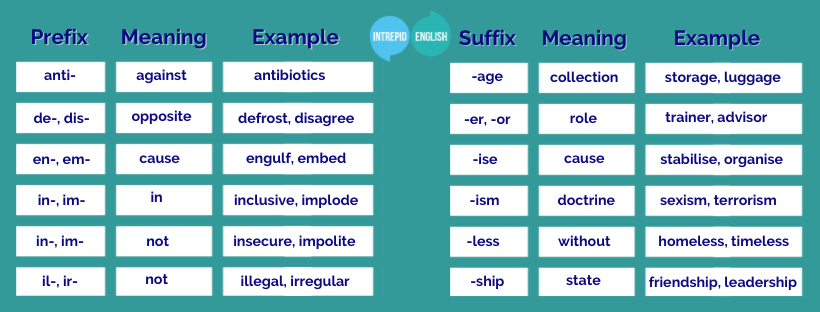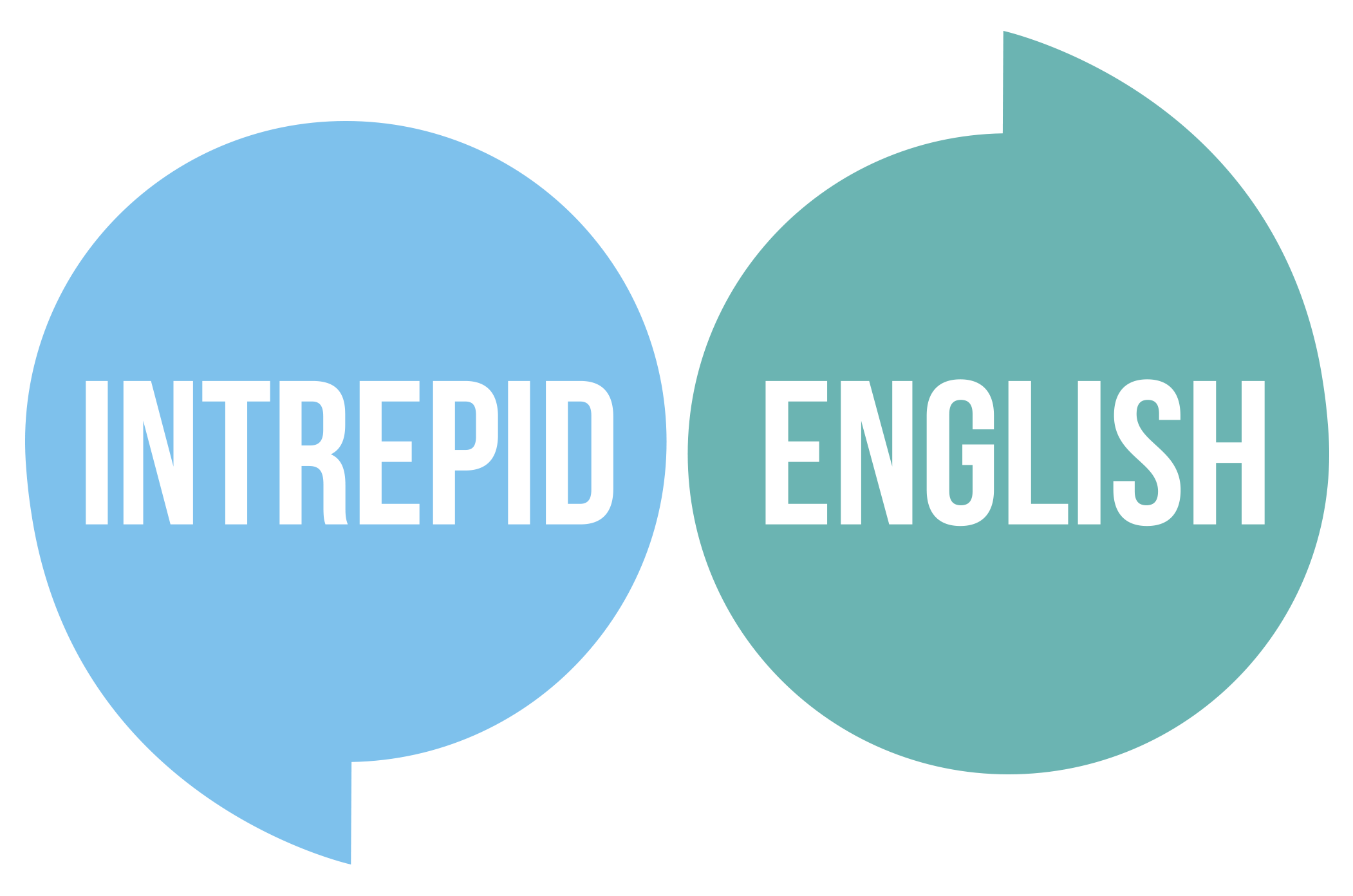Let’s get in formation (word formation, that is)…

Sorry, I can’t help myself when I see an opportunity to share a Beyonce gif ????
Hi Intrepid English Learners, I hope you’re having a great day so far. In today’s blog post, I’m going to talk about the basic elements of English word formation.
Don’t forget to download your free Word Formation Cheat Sheet at the bottom of the blog!
Before we start, there are a few linguistic terms that I need to clarify – the main English word classes.
Word class
The category of a word, such as noun, verb, adjective, adverb, etc.
Verbs
Verbs show an action, such as work, dance, write, sing or drive
or a state, such as live, love, remember, hate or regret.
Nouns
Nouns are ‘things’ – people, places, animals, etc.
Proper nouns have capital letters at the beginning: London, German, the United States.
Adjectives
Adjectives modify (describe) nouns. Some common adjectives include purple, large, luxurious, happy, wide, expensive.
Adverbs
Adverbs modify (describe) verbs, adjectives and other adverbs. They often end in ‘ly‘, but not always. For example, loudly, nicely, luckily, fast, thoroughly.
As an English learner, you will know that it’s important to use the correct word classes in your English sentences. There are many more word classes than the ones I have listed above, but you need to have basic knowledge of nouns, verbs, adjectives and adverbs to understand this blog post about word formation.
In addition to word classes, we’re going to be talking about word forms today.
Word forms
Word forms are parts of words (not complete words) that tell us information, such as prefixes and suffixes.
Prefixes
Prefixes are partial words that can be added to the beginning of a stem word to add information. For instance, the prefix ‘re-‘ means ‘again‘ and can be added to the word ‘play‘ to make ‘replay‘; to play again.
Suffixes
Suffixes are partial words that can be added to the end of a stem word to add information. One common suffix is ‘-tion‘, which can turn a word into a noun. If you add ‘-tion‘ to the verb ‘demonstrate‘, you will get ‘demonstration‘.
Here are some of the most common prefixes and suffixes in English and what information they add to a word.

Forming words
Now that we have the basic building blocks of English words, we can start to explore some examples.
Let’s say your car has been out in the freezing weather all night. The frost has turned your windscreen into a block of ice.
We don’t want a frosty windscreen, we want the opposite of that! So, which prefix do we need to add to the noun ‘frost’ if we want the opposite of ‘frost’?
That’s right, ‘de–‘ + ‘frost‘ = ‘defrost‘
Not only does that little prefix ‘de-‘ tell us that we want to remove the frost, but it also turns our noun, ‘frost‘ into the verb ‘defrost‘. Isn’t that clever?
Let’s try another one. Imagine you’re at a networking event meeting some new business contacts, you might hear people use the job titles ‘Investor‘, ‘Photographer‘ and ‘Recruiter‘ – well, you know that the suffixes ‘-er‘ and ‘-or‘ are added to their stem words to show someone’s role or job.
You have just met someone who invests, someone who photographs and someone who recruits for a living. Now you can make small talk with your new contacts with confidence.
When you’re learning new vocabulary, these prefixes and suffixes can give you clues about a word’s meaning.
For example, now that you know that the prefix ‘de–‘ describes the opposite of something, next time you are watching the news and you hear the word “de-escalation“, you can understand that the newsreader is describing the opposite of an escalation.
Right, now it’s your turn to practise what you’ve learned. Leave your answers in the comments sections below.
Word Formation Exercises
Fill in the gaps in these sentences with the correct form of the word in brackets.
1. The taxi driver ignored me all the way home. That’s so ___________ (polite).
2. I used to be so shy when I was 15. Most teenagers are ___________ (secure).
3. He lived on the streets for several years before he found a place in a ___________ (home) shelter.
4. You can’t avoid paying taxes. It’s completely ___________ (honest).
5. Make sure the hairdryer is ___________ (connect) before you fix the switch or you could be electrocuted.
6. Charities like the Malala Fund are working hard to reduce female ___________ (literacy) in the poorest countries.
Download your free Word Formation Cheat Sheet right here! ⬇️
If you're participating in the Excel in English 2022 challenge, don't forget to write any new expressions from this blog in your Google Doc.

This blog post was written and recorded by Lorraine.
You can find out more about Lorraine and connect with her
by visiting her Intrepid English Teacher Profile Page.
Book a free trial lesson today to discuss this topic in more detail,
and talk about your English learning goals with an
experienced and friendly native English teacher.








Responses